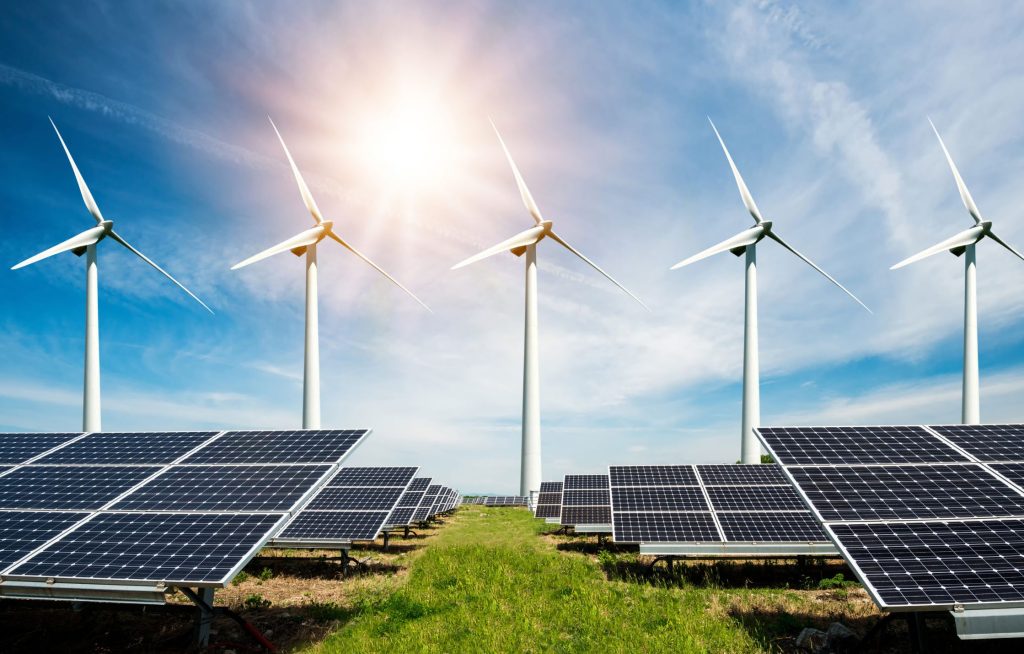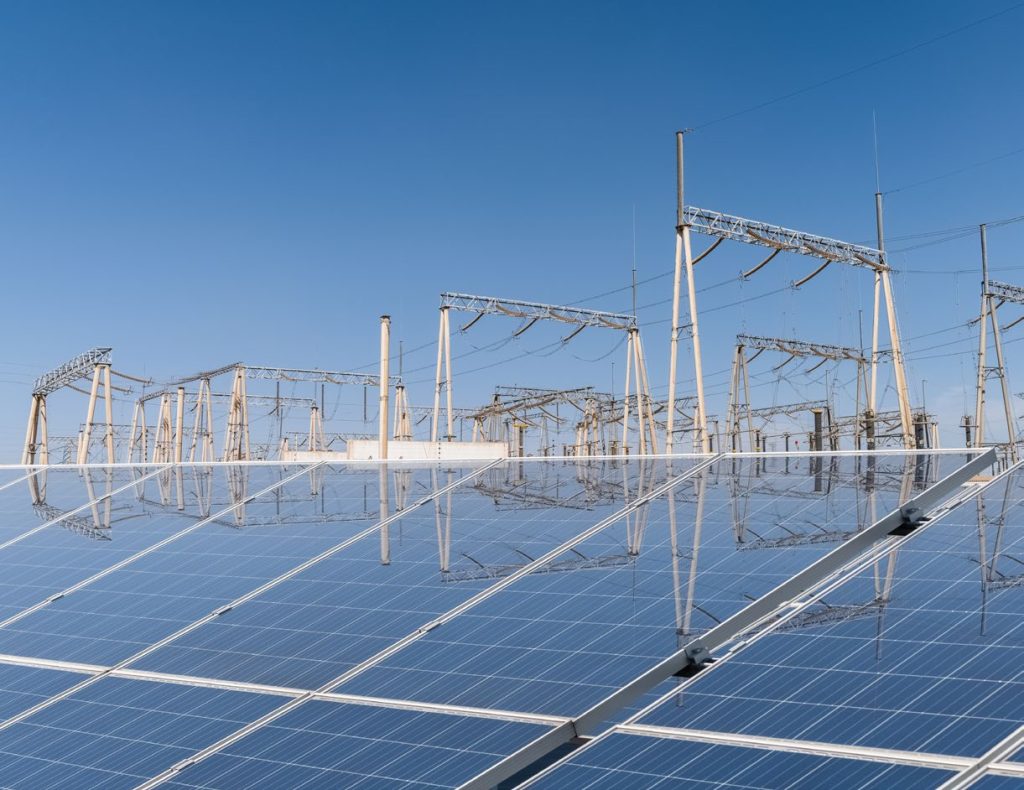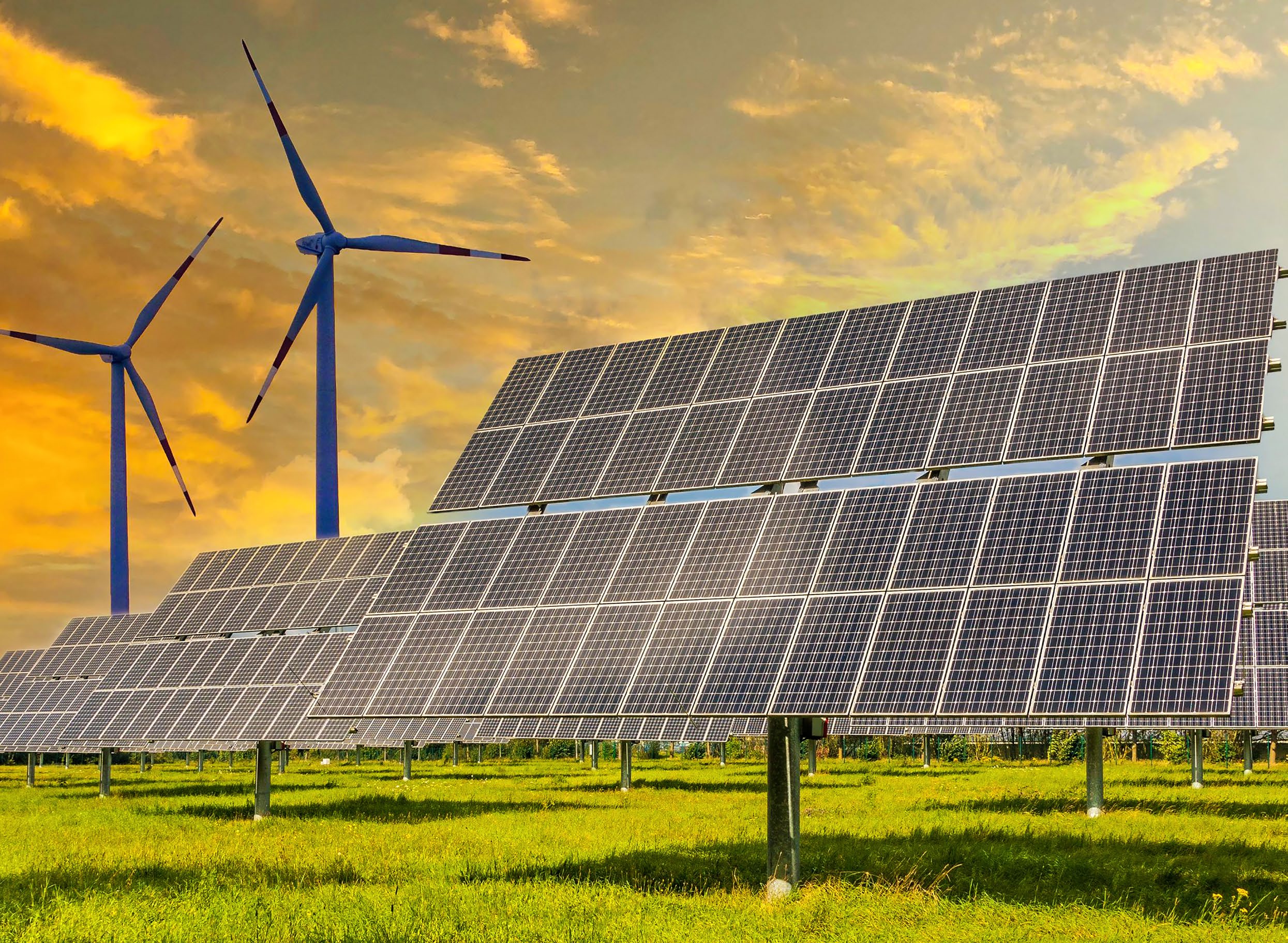The transformative shift towards decentralised energy systems in recent years holds immense promise for Zimbabwe and the African continent, offering a more efficient, sustainable, and equitable path to power generation and distribution.
Decentralised energy systems are characterised by a network of small, localised power plants that generate and distribute electricity close to the point of consumption. This approach stands in contrast to the traditional centralised grid model, which relies on large, remote power stations and extensive transmission infrastructure. The rise of decentralised energy is driven by a number of factors, including technological advancements, environmental imperatives, and the growing demand for reliable, affordable energy access.

Nyangani Renewable Energy (NRE), a Zimbabwean Independent Power Producer (IPP), has been at the forefront of this transformative shift. Established in 2007, NRE has successfully developed and implemented a range of renewable energy projects, including a 1.1 MW hydroelectric scheme and other solar power plants totalling over 7.5 MW of installed capacity. These projects not only contribute to Zimbabwe’s energy independence but also demonstrate the viability and benefits of decentralised energy solutions.
One of the key advantages of decentralised energy systems is their ability to harness local renewable resources, such as solar, wind, and hydro. By tapping into these abundant, clean energy sources, DES can significantly reduce greenhouse gas emissions and improve air quality, addressing pressing environmental concerns. In the case of Zimbabwe, NRE’s hydroelectric and solar PV projects have played a crucial role in diversifying the country’s energy mix, reducing its reliance on fossil fuels and contributing to the transition towards a more sustainable energy future.
Technological advancements have been a driving force behind the rise of decentralized energy. Improvements in renewable energy technologies, such as solar photovoltaics and small-scale hydroelectric turbines, have made it increasingly feasible to deploy distributed energy resources (DERs) in both urban and rural settings. These advancements have not only improved the efficiency and affordability of DERs but have also enabled their integration into local grids, enhancing the overall resilience and flexibility of the energy system.
Decentralised energy systems offer greater resilience to the grid, making it less vulnerable to disruptions caused by natural disasters, cyberattacks, or centralized system failures. By distributing power generation across multiple, localised nodes, DES can quickly recover from localised outages, ensuring a more reliable and secure energy supply for communities. This resilience is particularly important in regions like Zimbabwe, which have experienced the devastating impacts of extreme weather events and other grid disruptions.
Beyond the technical and environmental benefits, decentralised energy systems also hold the potential to drive social and economic empowerment. By enabling local communities to generate, manage and even profit from their own energy resources, DES can foster a sense of ownership and self-sufficiency. This, in turn, can spur local economic development, create job opportunities, and improve access to energy for underserved populations.
The success stories of decentralised energy implementation in countries like Kenya, South Africa, Nigeria and Rwanda serve as inspiring examples for Zimbabwe and the broader African continent.
In Kenya, the company Bboxx has deployed over 80 solar-powered mini-grids across the country, providing clean electricity to more than 200,000 people in rural communities. In South Africa, the city of Johannesburg has seen a rapid uptake of rooftop solar PV systems, with over 20 MW of installed capacity as of 2023. This has helped reduce the city’s dependence on the national grid, which has been plagued by frequent blackouts and load shedding.

Nigeria has also seen significant growth in decentralised energy. The company Lumos Global has deployed an impressive amount of solar home systems across the country, providing electricity access to rural and peri-urban households.
As NRE continues to expand its operations and collaborate with various stakeholders, the company’s efforts are poised to contribute significantly to Zimbabwe’s energy independence and the development of a more equitable, sustainable, and resilient energy landscape.
The rise of decentralised energy systems, exemplified by the work of Nyangani Renewable Energy in Zimbabwe, represents a transformative shift in the way we generate, distribute, and consume power. By harnessing local renewable resources, improving grid resilience and empowering local communities, decentralised energy systems hold the promise of a cleaner, more efficient, and more inclusive energy future.
Text by Farai Chaka

